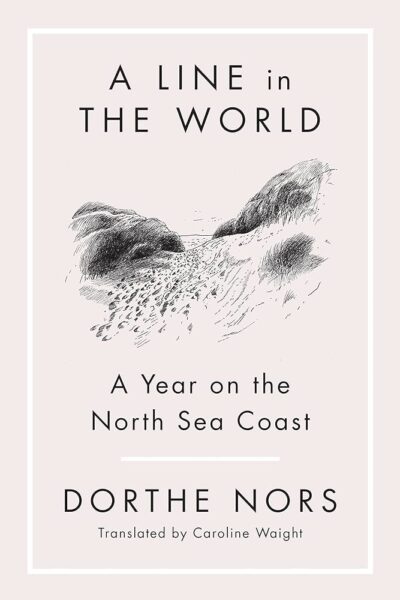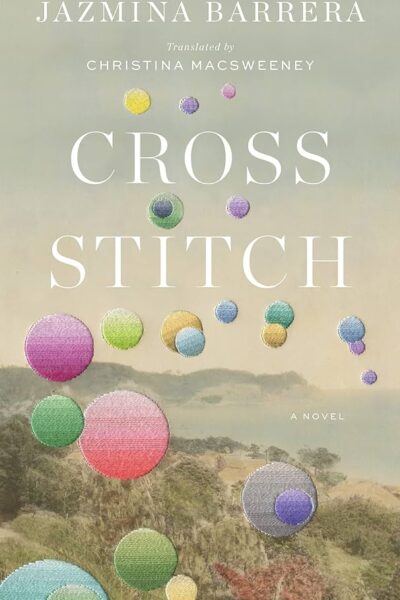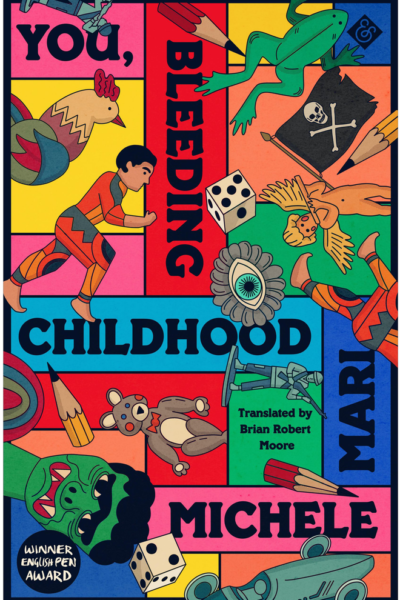Deceit, Gallardo implies here in her stunningly economical prose, does not originate in the individual act of hiding a pregnancy, but in the collective act of condemning a woman to gestate one in secret dread.
Sánchez didn’t believe in depression at first—or any mental health condition for that matter. . . . Like me, she’d learned that people just needed “to snap out of it or to pull themselves together.” If only it were that simple.
So Many People, Mariana – Maria Judite de Carvalho
Practiced in Portugal for centuries, censorship had been ingrained in literary culture by the time Maria Judite de Carvalho, one of the country’s most important twentieth-century authors, began writing.
A Line in the World – Dorthe Nors
Whether visiting a lighthouse with the author, or a seaside museum, one always senses the nearness, vigor, and life-endangering threat of the churning waters.
Each character’s Roman sea is quite different, but the similarity remains: Each has been tossed up on its shore.
When translator Sarah Booker came to Coffee House with pitches for the translation of both novels of Ojeda’s, the press thought it best to have JAWBONE precede NEFANDO, allowing the former to serve as amuse bouche to the latter’s more toothsome topics.
[TW: sexual abuse, child abuse]
Cross-Stitch – Jazmina Barrera
Fragments scattered throughout the novel tell of women who used embroidery to share messages, whether to reassure loved ones of their well-being, call for help after being silenced, or protest political injustice.
You, Bleeding Childhood – Michele Mari
Celebrating the enchantment of those first toys and books, the collection is imbued with a sense of wonder and adventure, threatened at every corner by the harshness of adulthood and the looming fear that soon it will all be lost.
The possibility of Tatars, or in fact anyone, attacking the Fortezza, are not the real danger. Instead, time, rumor, and misplaced trust are the ultimate foe.
The Delivery – Margarita García Robayo
Languages are not internally coherent, fixed entities. Instead of assuming that all speakers of a language can understand each other with perfect ease, The Delivery reveals the fissures, gaps, and spaces of incomprehension that can exist between speakers of the same language.











